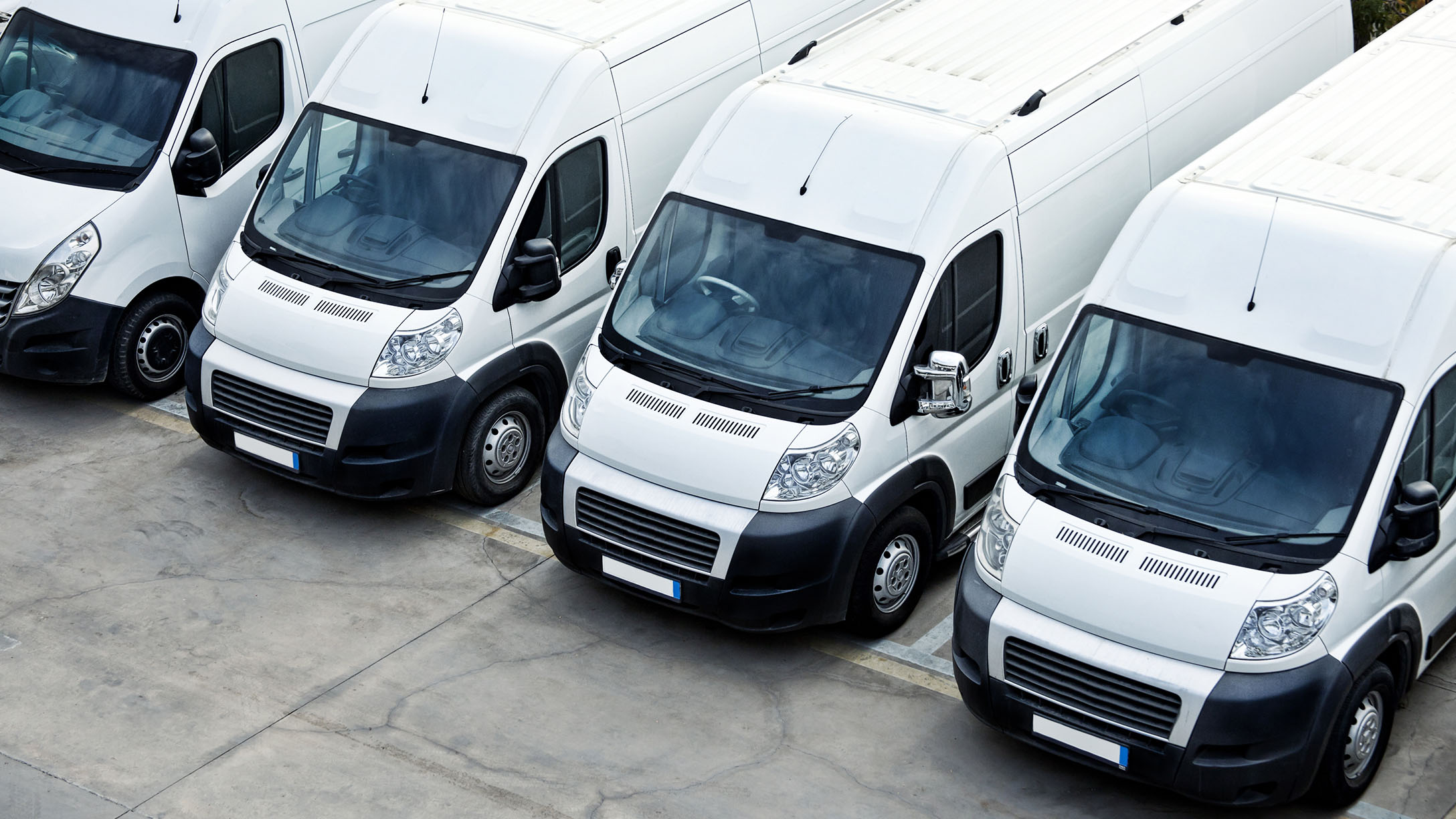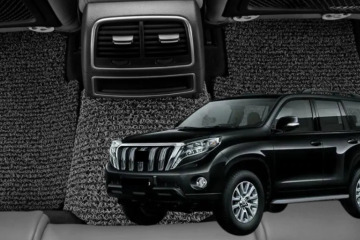In today’s world, businesses often rely on vans for a myriad of purposes, from transporting goods to providing services. Whether you’re a small business owner, a contractor, or simply in need of a vehicle for personal use, the decision to lease a van can be a pivotal one. It’s a choice that comes with its own set of advantages and disadvantages, each of which must be carefully weighed to determine if leasing is the right option for you. In this article, we delve into the benefits and drawbacks of leasing vans to help you make an informed decision.
Benefits of Leasing Vans
Lower Initial Costs: One of the most appealing aspects of leasing a van is the lower initial costs compared to purchasing one outright. When you lease, you typically only need to make a small down payment, if any, followed by manageable monthly payments throughout the lease term. This can free up capital that can be invested back into your business or used for other expenses.
Access to Newer Models: Leasing allows you to drive a brand-new van with the latest features and technology without the hefty price tag associated with purchasing. This means you can enjoy the benefits of modern safety features, fuel efficiency improvements, and enhanced reliability that come with newer vehicles.
Minimal Maintenance Hassles: Lease agreements often coincide with the manufacturer’s warranty period, providing you with peace of mind knowing that major repairs are typically covered. Additionally, since leased vehicles are usually newer and under warranty, they generally require less maintenance than older vehicles, saving you time and money on upkeep.
Tax Advantages: Depending on your location and the specific terms of your lease agreement, you may be eligible for certain tax benefits when leasing a van for business purposes. Lease payments are typically tax-deductible as a business expense, potentially offering significant savings come tax time.
Flexibility: Leasing offers greater flexibility compared to purchasing a van outright. At the end of your lease term, you have the option to return the van and lease a new model with updated features or purchase the van at a predetermined price. This flexibility allows you to adapt to changing business needs and technology advancements more easily.
Drawbacks of Leasing Vans
Mileage Restrictions: Most lease agreements come with mileage restrictions, which can limit the number of miles you can drive annually without incurring additional fees. If your business requires extensive travel or if you anticipate exceeding the mileage limit, leasing may not be the most cost-effective option for you.
Ownership Costs:
Unlike purchasing a van outright, opting for vans to lease doesn’t provide you with ownership of the vehicle once the lease term concludes. While this may not be a concern for some, others may prefer the long-term investment and asset ownership that comes with purchasing.
Penalties for Wear and Tear: Lease agreements typically require you to return the van in good condition, accounting for normal wear and tear. Excessive wear and tear beyond what is considered normal may result in additional fees at the end of the lease term, potentially negating some of the cost-saving benefits.
Restrictions on Modifications: Leasing a van often comes with restrictions on modifications and customization. If your business requires specialised equipment or modifications to the van, leasing may not be conducive to your needs.
Continuous Payments: While lower monthly payments may be appealing initially, leasing involves continuous payments for the duration of the lease term. Once the lease term expires, you will need to either enter into a new lease agreement or explore other options, potentially leading to ongoing financial commitments.
Conclusion
When considering whether to lease a van, it’s essential to carefully evaluate your business needs, financial situation, and long-term goals. While leasing offers numerous benefits such as lower initial costs, access to newer models, and tax advantages, it also comes with drawbacks such as mileage restrictions, lack of ownership, and ongoing payments.
Ultimately, the decision to lease a van should align with your specific circumstances and priorities. If flexibility, lower upfront costs, and access to the latest technology are paramount, leasing may be the right choice for you. However, if you prefer ownership, have high mileage requirements, or value the ability to customise your vehicle, purchasing may be a more suitable option.
Before committing to any lease agreement, be sure to thoroughly review the terms and conditions, consider the total cost of ownership, and weigh the pros and cons carefully. By doing so, you can make an informed decision that best serves your business needs and financial objectives.




